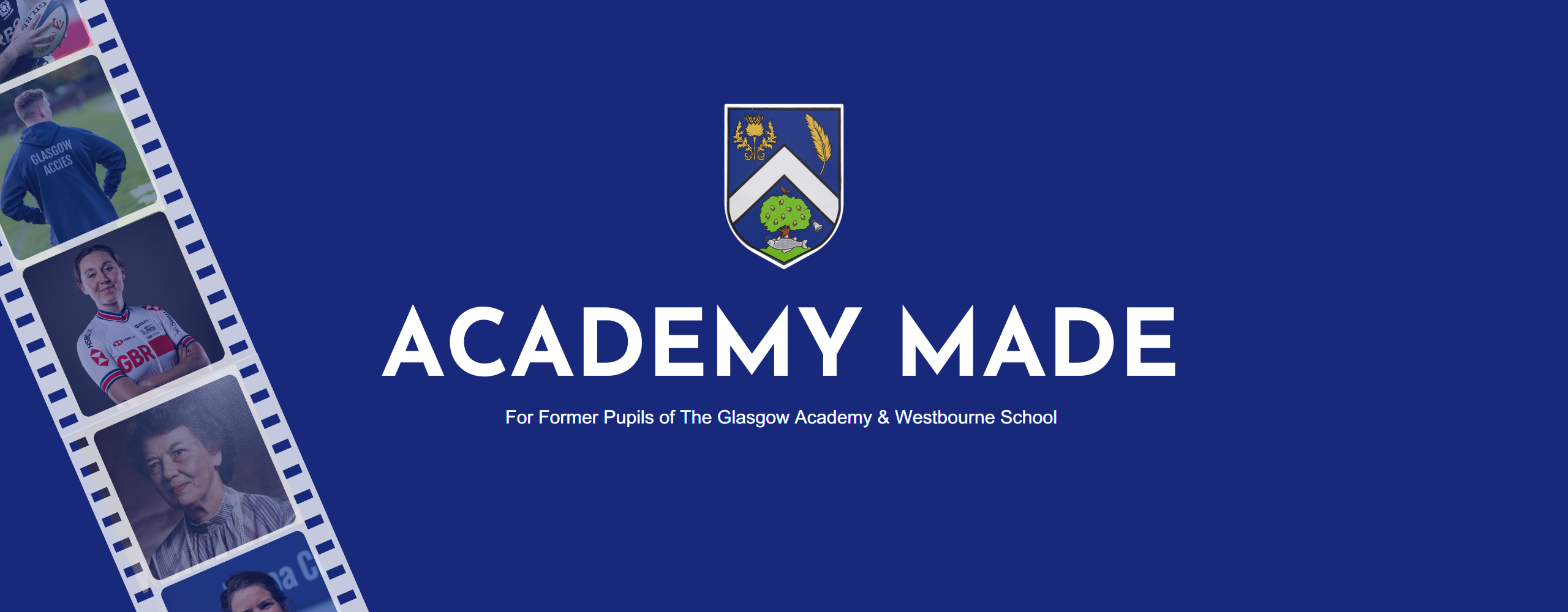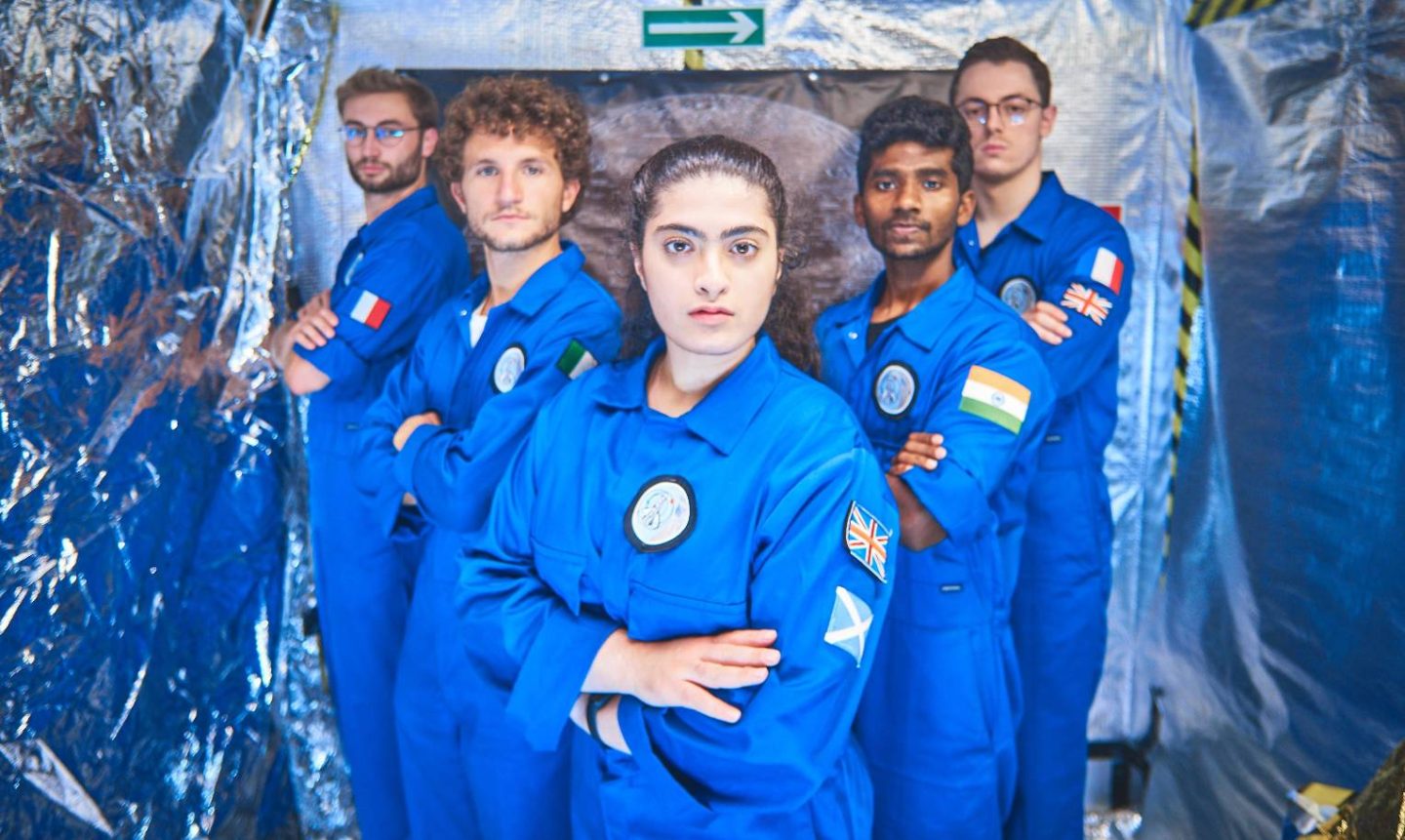
Wearing my new leaver’s hoodie, I left The Glasgow Academy with a sense of dread that the journey forward would be filled with danger. When you attend a school such as ours, leaving that bubble of support seems daunting.
I always knew I wanted to leave a legacy of hope for those still attending The Academy, particularly those who didn’t believe they were capable of achieving their dreams. In 2018, I had never heard of an Analog Astronaut, yet in 2021 I became one.
Back in 2017/18, I chaired the Student Council and was encouraged by teachers to pursue my passion for community development. This was a key milestone and after leaving The Academy I would go on to establish ‘The Glasgow University South Asian Society’ – an organisation celebrating the culture and traditions of Afghanistan, Bangladesh, Bhutan, India, Nepal, Pakistan, Sri Lanka and The Maldives. It was one of my proudest achievements from my time studying Astrophysics at the University of Glasgow. During this time I also became a radio presenter for Sunoh Scotland. It was important to me to help the Scottish Asian community, and for the first two years of my time away from The Academy, I focused on doing whatever I could to help heal my community of internalised racism.
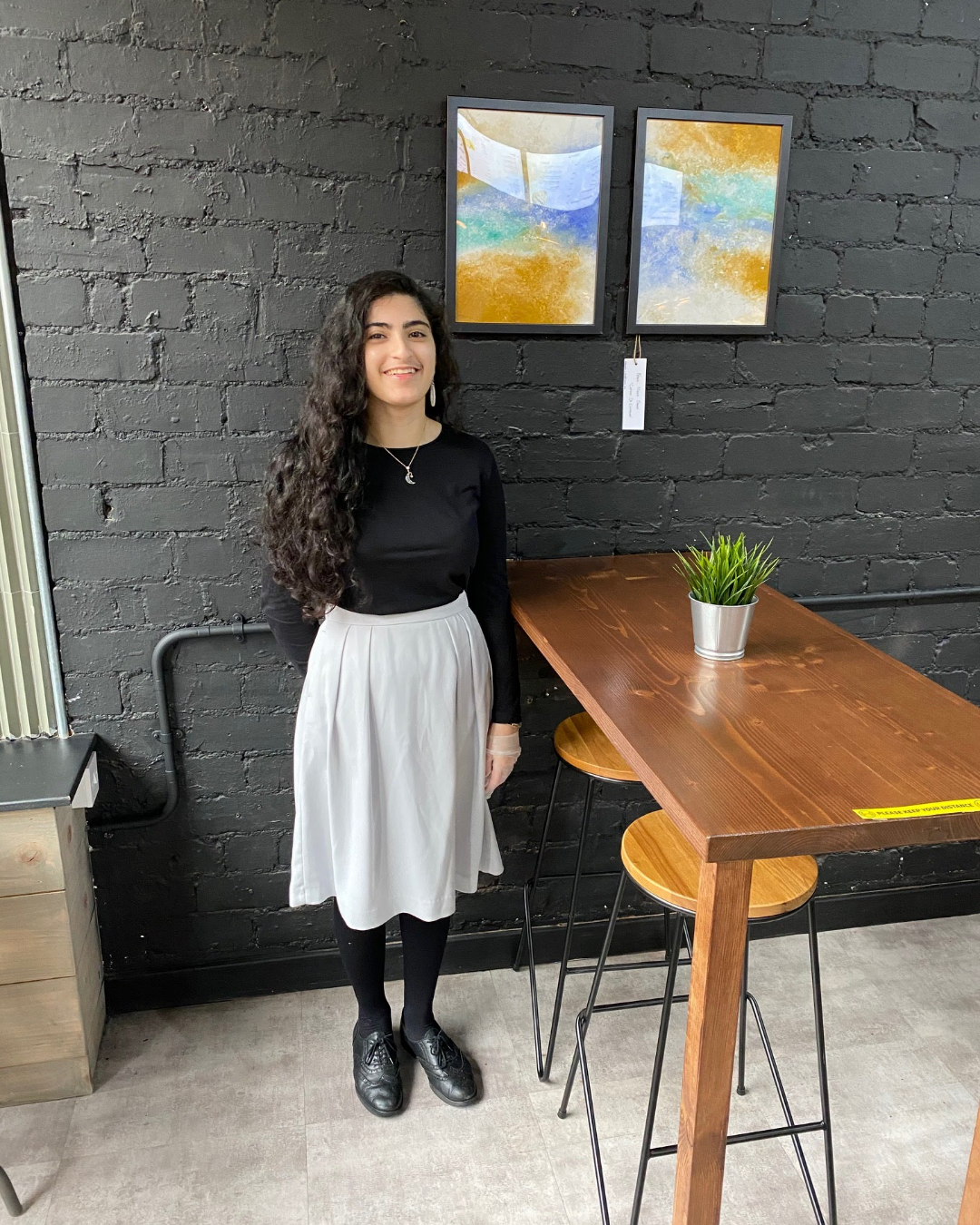
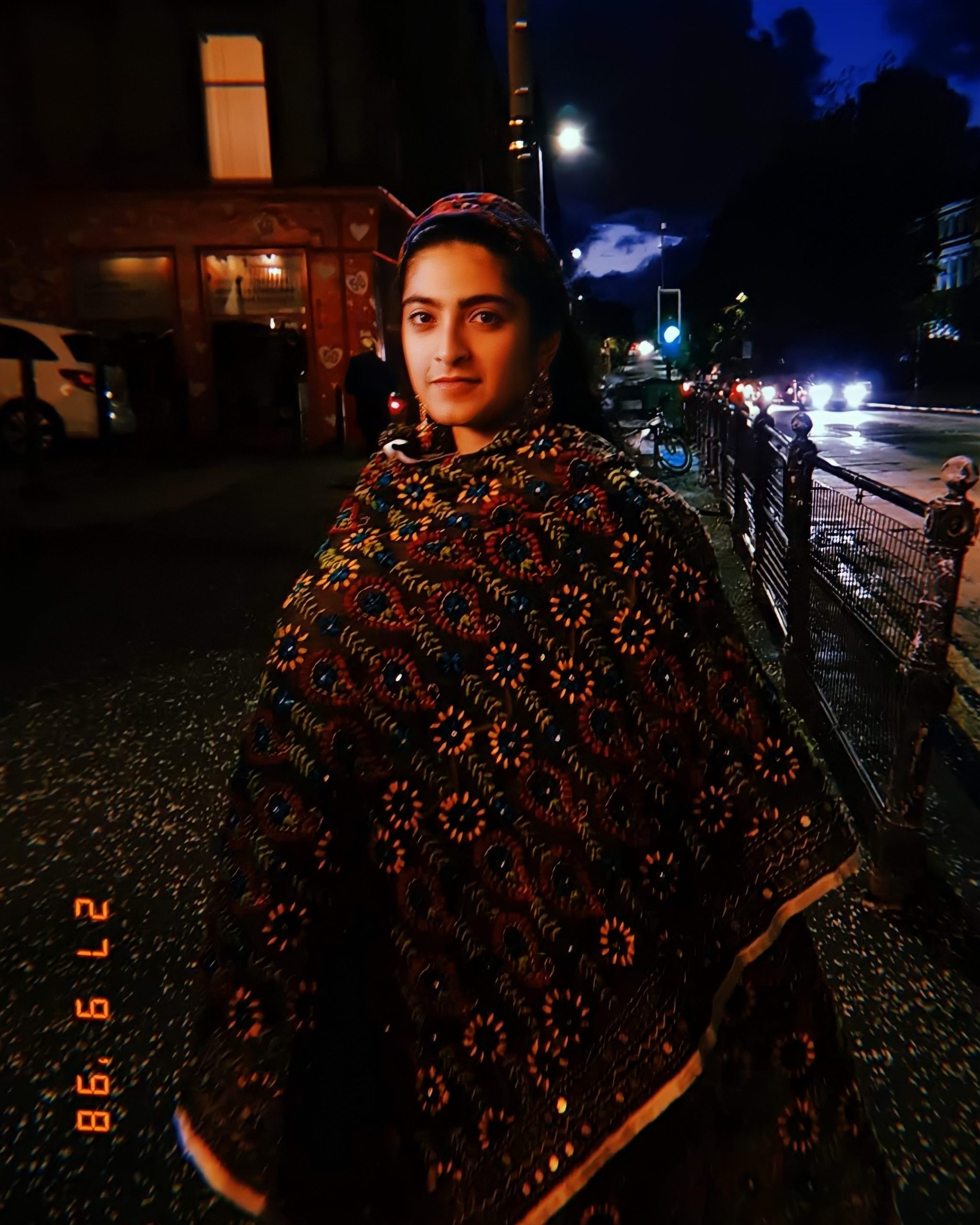
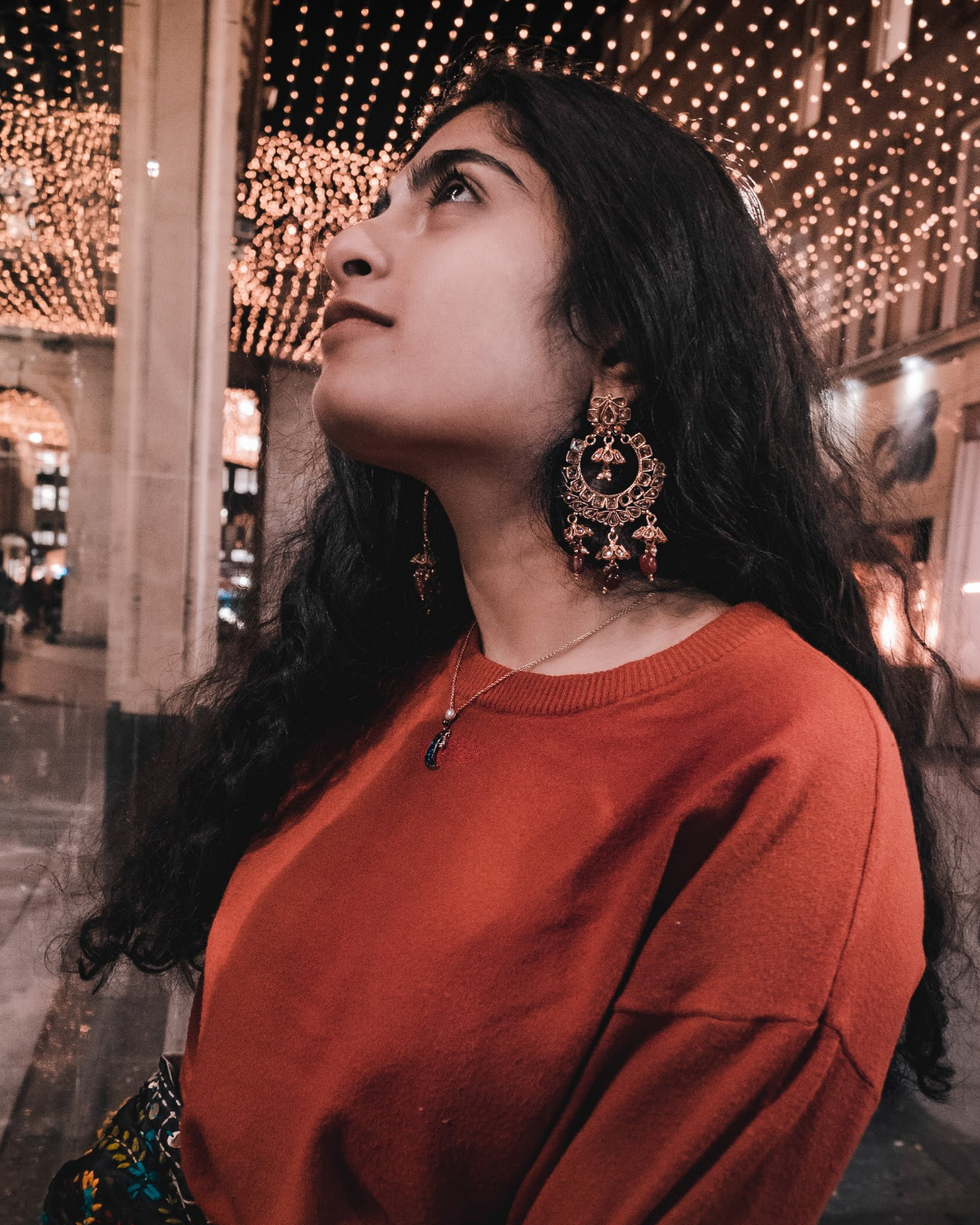
In June 2019, I stayed at the Religious of Mary Immaculate Hostel in London for three weeks and attended the Global Girl Media Summer School and the UK Asian Film Festival in London. Here I learnt about the workings of the media and developed multiple skills including photography, videography and tech skills. I also made a documentary about sexual harassment towards school children in the UK. The documentary received exceptional feedback and featured multiple organizations including Plan International UK, who found that “more than one in three girls in the UK receive unwanted sexual attention, such as being groped, stared at, catcalled and wolf-whistled, whilst wearing their school uniform in public.” Ultimately, it was a problem I wanted to address.
Another key milestone on my journey, was beginning the ‘Count My Follicles’ movement and placing first in my category at the 2020 BritAsian Beauty Pageant. Virtual this time around due to the pandemic, I entered a portrait displaying my full facial hair to help those who had experienced shame for their facial, body, curls or afro-textured hair. De-colonisation and fashion magazines across the globe supported and published the achievement, i was a proud moment to help people with self-confidence issues.
And onwards to space…
“Analog Astronauts simulate long-duration space missions, in geographically similar areas to the real missions that are being planned for future Moon and Mars crewed explorations. Crews consist of specialists who conduct essential research vital to the success of further space exploration.”
During my studies, I joined the ‘Glasgow University Students for the Exploration and Development of Space Society’ as their treasurer. Here I met a variety of academics and professionals who shared my love of space. My passion for the future I wanted to build was well and truly ignited and I began picking up courses outside of university to learn new coding languages and CAD Software. During the SGAC EU Space Workshop in 2021, I proudly presented to the UK Space Agency as part of an International Relations team. It was then that I embarked on the first official step of my mission – applying!
Through LinkedIn I met Jas Purewal, a Senior Scientist and career Astronaut candidate based in the UK. I told her of my dreams and aspirations, and also my concerns about embarking on a career in the space industry. Purewal co-founded The Analog Astronaut Community and upon joining, I was kindly put in touch with Dr. Agata Kołodziejczyk, the co-head of the Analog Astronaut Training Center. I sent my CV and Cover Letter and was gratefully accepted to join the EuroMoonMars organisation (an initiative researching the colonisation of both the moon and mars), along with an invitation to be part of one of their key research teams – EMMPOL 6.
Time for launch…
I bought my plane tickets, packed my suitcase and began blogging the EMMPOL 6 analog mission. Arriving in Krakow, Poland, I had to make my own way to the office (this was a test in itself). I made it safely and met the crew; Dr. Tommaso Antonio Giacon, Joel Manohar Mura, Luke Vanhaelen and Louis Carton. I also met the Mission Communication team who would help us with our analog mission to the Moon. Thanks to the outdoor expeditions during the Gold Duke of Edinburgh Award (which The Academy greatly encouraged me with) I slept rather well, contently imagining that I had landed on the Moon.
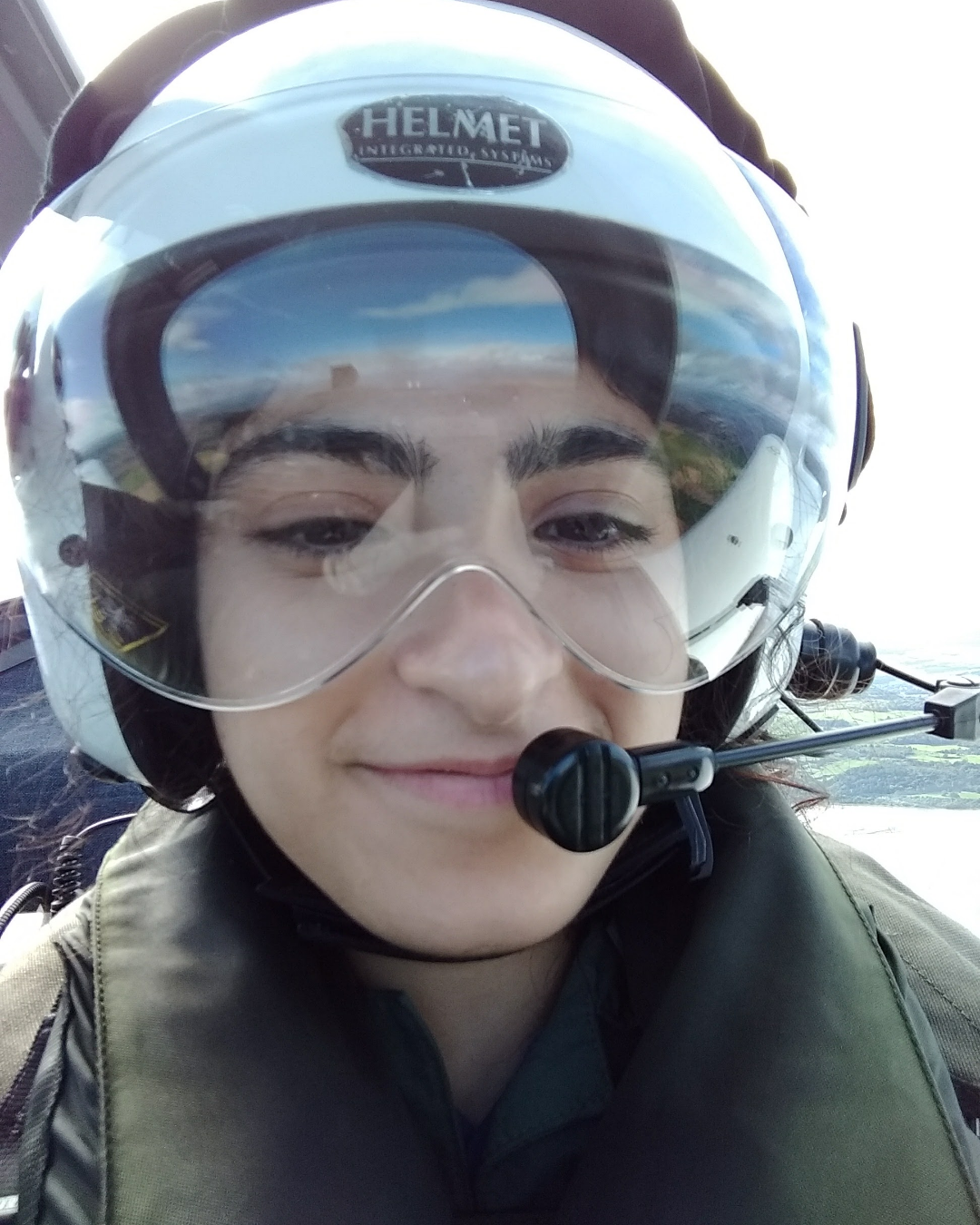
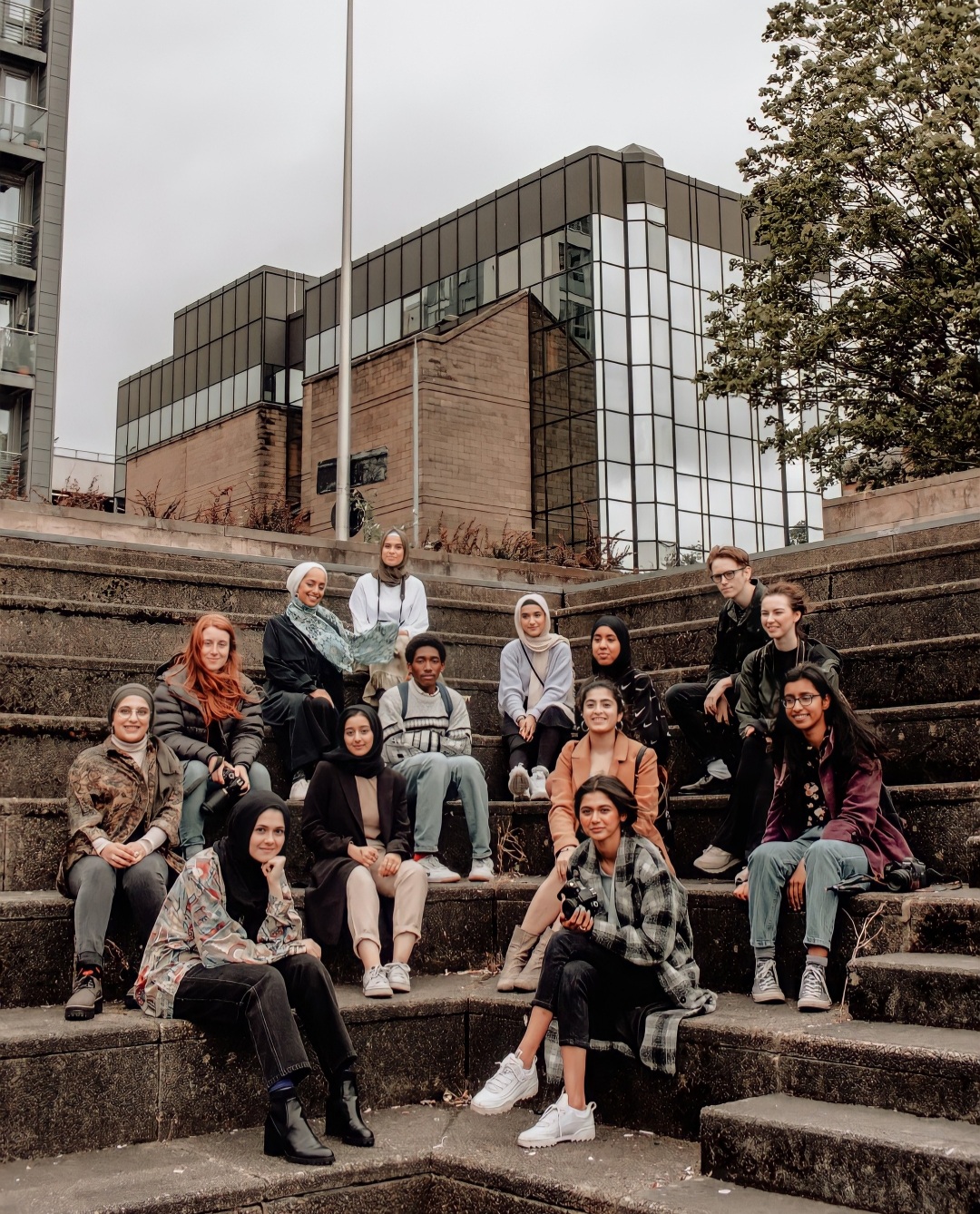
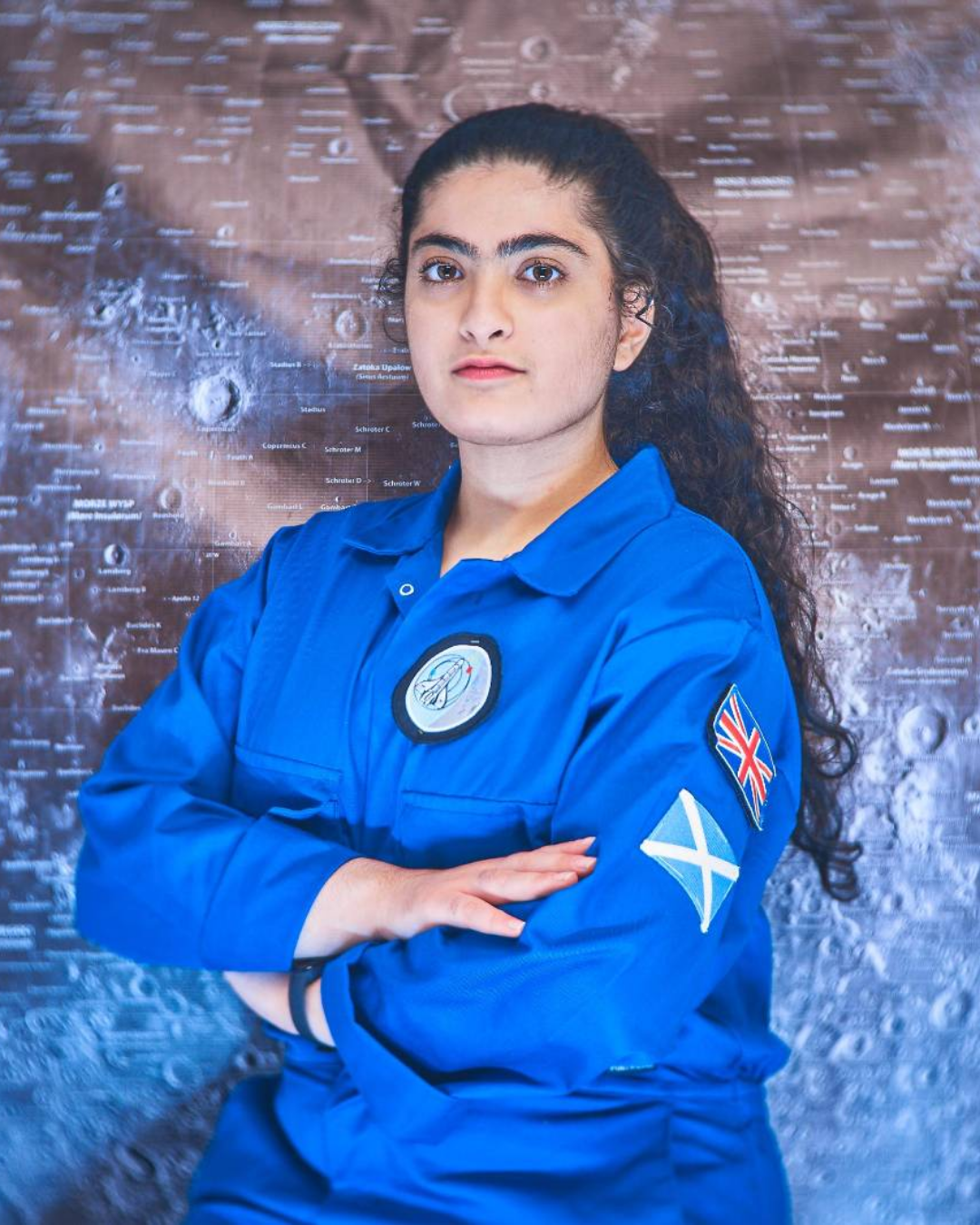
As the crew Data Officer, I performed research about growing plants in microgravity. I am very grateful to the The Glasgow Academy’s biology department for teaching me everything I needed to know about conducting experiments – it proved useful to say the least! I was able to provide assistance to other crew members with their experiments and using the skills acquired from my degree, I wrote the crew’s research paper. We also filmed videos for community outreach in schools across the UK, aimed at increasing public interest in space exploration.
The RAF section of the CCF at The Glasgow Academy taught me great resilience and perseverance. Our crew sang during the emergencies which hit the habitat, such as a solar flare, a meteorite shower and a coolant leakage. As we eventually left the habitat, the mission to the Moon may have ended, but the dream to venture into space continues.
Nadia Mirza-Saadi (Class of 2018), Analog Astronaut.
